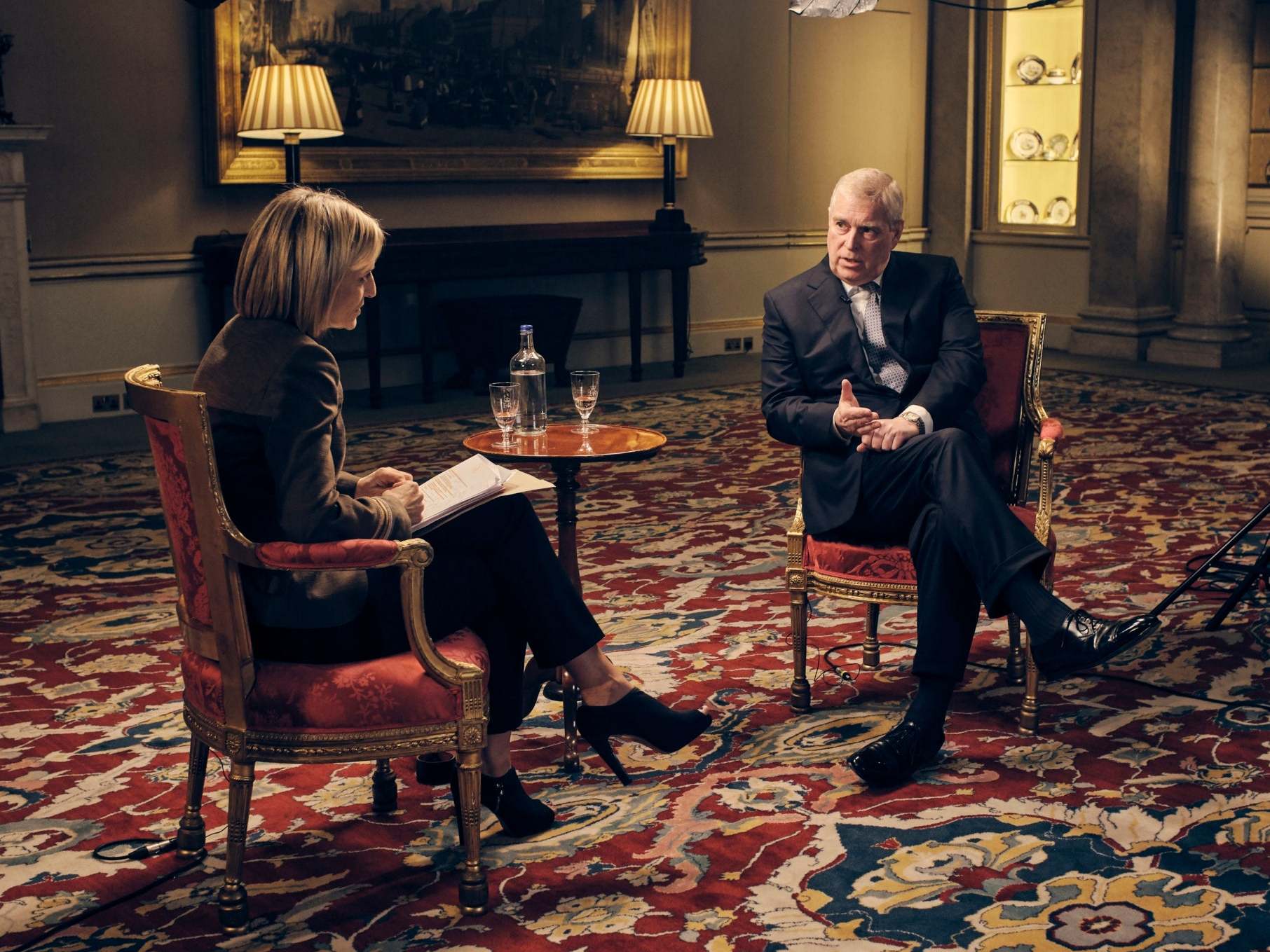How opinion encourages us to be critical of high-profile interviews like Prince Andrew’s
The job of the journalist is to call out spin. We set claim against fact. We raise an eyebrow. We engage in the argument in a way the voters rarely get the opportunity to


For a journalist, conducting political interviews, particularly during a general election, can be a dispiriting business – as much as for the voters observing said interviews. Not so much because the politicians are lying – though they’re obviously capable of it. It’s more because they are so adept at avoiding questions, being economical with the truth, fudging stats and preferring to say how ghastly the other lot are.
This is nothing new. There is, sorry to say, not much that can be done about this bias towards ambiguity, to put it politely, which has existed since the dawn of civilisation or at least of political discourse. All we can do as journalists and citizens is to be wise to it.
When, for example, Prince Andrew said he had “no recollection” of certain events in his BBC interview, that does not mean they never happened, but that he has racked his brains and found no memory, an unauditable event (HRH is not a politician but he will do for this purpose).
Michael Gove says he is not aware of any conversations in which Brexit Party candidates have been offered inducements by Tories or their allies to stand down in the election – but that does not mean those things did not happen.
When Jeremy Corbyn says he doesn’t know what he thinks about the EU deal he has yet to negotiate, he is technically correct – but we can guess that he’d prefer “his” deal to an alternative. He’s not saying though.
When all the parties say – or more accurately imply – they will spend vast sums with more or less no cost to anyone ever, well, we should wonder whether that is right.
It is up to the other person to work out what is the truth, a slippery concept at the best of times. Thatcher on cuts, Blair on Iraq, Clegg on tuition fees – we have been here before, but memories can be short. As voters, if we’re too lazy or foolish to apply some scepticism to what we hear it’s our own fault.
The job of the journalist is to call out these partial truths and deceptions. We set claim against fact. We raise an eyebrow, literally or metaphorically, and express disbelief. We engage in the argument in a way the voters rarely get the opportunity to. It is what we are here for, and, like Emily Maitlis with the prince, sometimes we succeed. It is a terrible slog, though.
Yours,
Sean O’Grady
Associate editor
Join our commenting forum
Join thought-provoking conversations, follow other Independent readers and see their replies
Comments